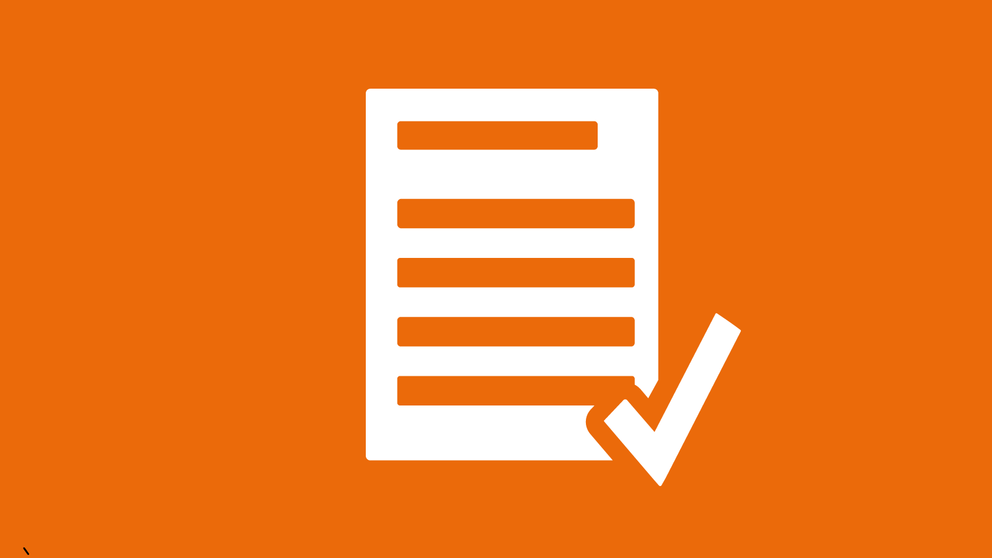News
Successful submissions at the ACM CCS
Two papers were presented by ATHENE researchers at the renowned ACM Conference on Computer and Communications Security (CCS) 2025. Ranked A*, the ACM CCS conference is the annual flagship event of the ACM's Special Interest Group on Security, Audit and Control (SIGSAC). Each year, researchers, practitioners, developers and users of information security from around the world gather to share innovative ideas and findings.

The following papers have been accepted:
CCA-Secure Traceable Threshold (ID-based) Encryption and Application
Authors: Rishiraj Bhattacharyya, Jan Bormet, Sebastian Faust, Pratyay Mukherjee, Hussien Othman
In the paper, the researchers present an improved encryption method that they have developed. This method, known as threshold encryption, requires multiple parties to collaborate in order to decrypt data. The method is special because, even if several parties collude to decrypt ciphertexts illegally, at least one of the parties involved can be identified and held accountable. This is the first method to offer this type of traceability of illegal encryption alongside two other fundamental security features. These features are essential for ensuring the confidentiality of messages in realistic attack models and for guaranteeing the uniqueness of the decryption process in specific application scenarios, among other things. The developed solution is particularly relevant for blockchain applications, where it is intended to prevent members of a decryption committee from conspiring to decrypt encrypted transactions too early for financial gain.
More about the paper
Probabilistic Skipping-Based Data Structures with Robust Efficiency Guarantees
Authors: Marc Fischlin, Moritz Huppert, Sam A. Markelon
In their paper, the researchers describe an analysis of the vulnerabilities of widely used probabilistic data structures, such as hash tables, skip lists and treaps. These structures achieve efficiency gains through randomness and are used as critical components in performance-critical systems. The researchers demonstrate adaptive attacks that can lead to exponential degradation in query speed for hash tables and skip lists when an attacker exploits the internal randomness of the structure — a realistic scenario in hostile environments such as cloud services or network infrastructures. The team has developed modified versions of these data structures that offer provable security guarantees against adaptive adversaries, and has introduced the formal security concept of AAPC (Adaptive Adversary Property Conservation). This enables system architects to evaluate the robustness of efficiency guarantees, even under attack conditions.
More about the paper
From October 13 to 17, the researchers will present their papers at ACM CCS 2025 in Taipei.
show all news
